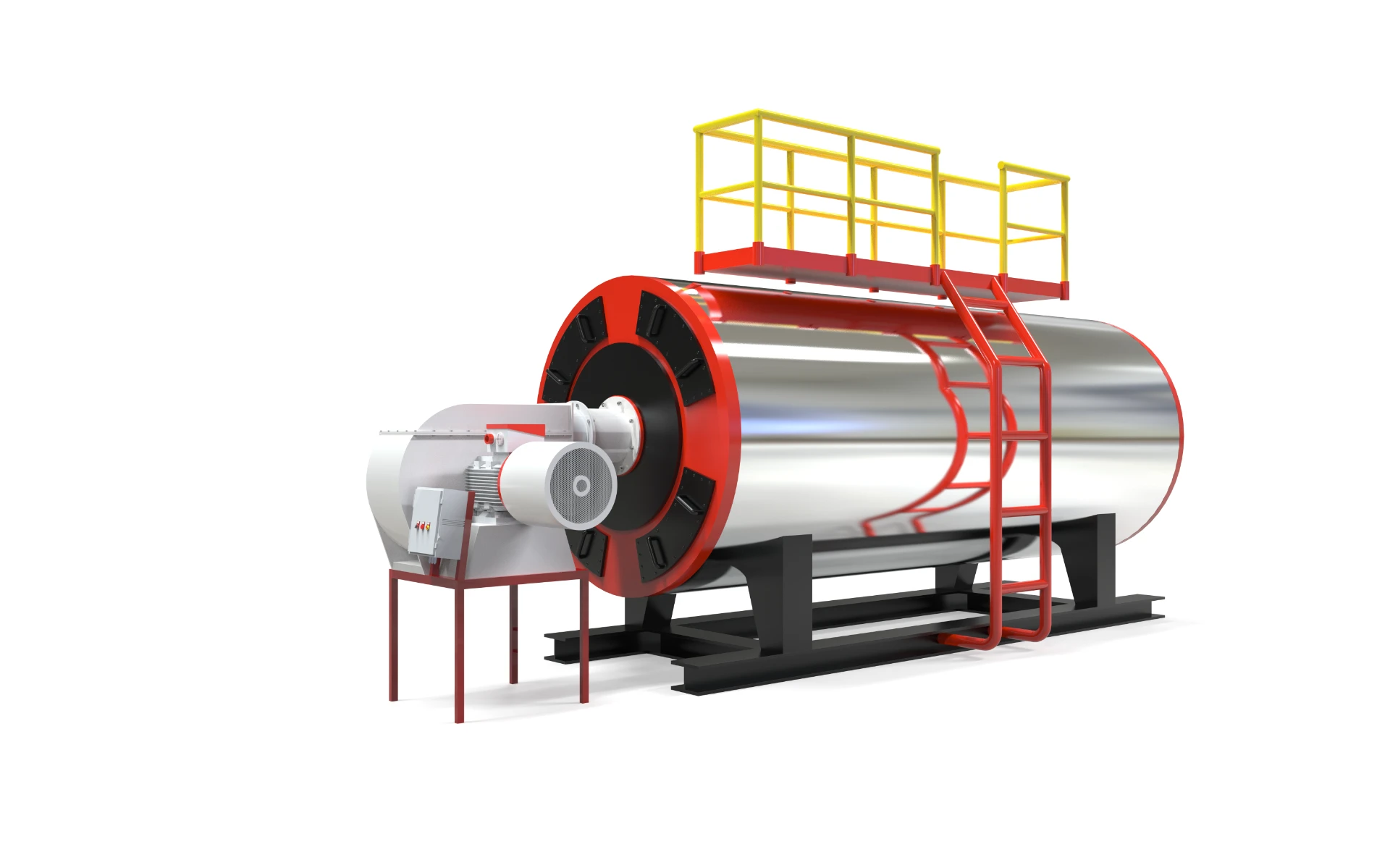
Nov . 08, 2024 17:50 Back to list
hydrogen steam boiler
Hydrogen Steam Boilers A Sustainable Future in Energy Production
In recent years, the urgency for cleaner, more sustainable energy sources has become increasingly paramount. As industries around the globe face stricter environmental regulations, the quest for alternative fuels has shifted significantly towards hydrogen. Among various applications, hydrogen steam boilers are emerging as a promising solution for generating steam and heat, contributing to the decarbonization of several industrial sectors.
Hydrogen steam boilers operate on the principle of using hydrogen as a fuel source instead of traditional fossil fuels such as natural gas or coal. By combusting hydrogen, these boilers produce steam while releasing only water vapor as a byproduct, which is significantly advantageous in reducing greenhouse gas emissions. This transition from carbon-intensive fuels to hydrogen can play a crucial role in tackling climate change and achieving net-zero emissions targets set by numerous governments around the world.
The operational principle of hydrogen steam boilers is similar to conventional steam boilers. They consist of a combustion chamber, a heat exchanger, and a steam drum. Hydrogen gas is ignited in the combustion chamber, producing heat that is transferred to the water in the heat exchanger. As the water heats up, it converts into steam, which can then be utilized for various industrial processes such as power generation, heating, or even in manufacturing operations. The efficiency of these systems can either match or even surpass that of traditional fossil fuel-fired boilers, making them a viable alternative in many scenarios.
One significant benefit of hydrogen steam boilers is their compatibility with existing infrastructure. Many industrial plants are already equipped with boiler systems that can potentially be converted to operate on hydrogen. This retrofit capability minimizes the need for complete overhauls, reducing costs and downtime associated with the transition to greener technologies. Furthermore, as hydrogen production becomes more cost-effective—especially with advancements in green hydrogen production through electrolysis—the feasibility of hydrogen steam boilers is set to increase, paving the way for widespread adoption.
hydrogen steam boiler

The development of hydrogen as a mainstream fuel source is not without its challenges. The current infrastructure for hydrogen production, storage, and distribution is still in its infancy compared to conventional fuels. Producing hydrogen sustainably remains a crucial factor; while there are methods to produce hydrogen using renewable energy sources, like wind and solar, these technologies need further investment to scale up. Moreover, hydrogen has a lower energy density by volume compared to natural gas, necessitating changes in storage and transportation methods to ensure safety and efficacy.
Industry leaders are actively engaging in research and development efforts to address these challenges. Collaboration between governments, research institutions, and private companies is being fostered to innovate technologies related to hydrogen production and application in steam boilers. Several pilot projects worldwide are already demonstrating the feasibility of hydrogen steam boilers, offering valuable insights into operational performance and potential hurdles.
Moreover, the economic landscape for hydrogen is gradually changing. Government policies, such as incentives for low-carbon technologies and carbon pricing mechanisms, are increasingly favoring investments in hydrogen solutions. As the global economy shifts towards sustainability, businesses that adopt hydrogen technology within their operations may gain a competitive edge while also contributing to broader environmental goals.
In conclusion, hydrogen steam boilers present a promising avenue toward sustainable energy production across various industries. By leveraging hydrogen's unique properties, companies can reduce their carbon footprint significantly while maintaining operational efficiency. The continued advancement in hydrogen technology, alongside supportive policies and infrastructure development, will determine the viability of hydrogen steam boilers as a mainstream solution for energy needs. As the world strives toward a cleaner, more sustainable future, hydrogen steam boilers could play a pivotal role in this transition, helping industries move away from fossil fuel dependency and towards a decarbonized energy landscape. With ongoing commitment and innovation, the potential for hydrogen is indeed boundless.
-
Comprehensive Guide to Steam Boiler Installation Diagram – Global Best Practices and Future Trends
NewsNov.24,2025
-
A Practical Guide to the Selection of Steam Boiler for Industrial Efficiency
NewsNov.23,2025
-
Comprehensive Guide to Steam Boiler PDF Manuals and Their Global Impact
NewsNov.22,2025
-
Discover How Steam Boiler Videos Improve Industrial Training & Safety
NewsNov.22,2025
-
Comprehensive Guide to Wood Fired Steam Boiler Design – Efficiency, Applications, and Innovations
NewsNov.21,2025
-
Comprehensive Guide to Steam Boiler Working – Efficiency & Applications
NewsNov.20,2025
Related PRODUCTS






















